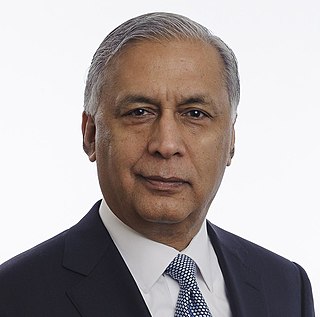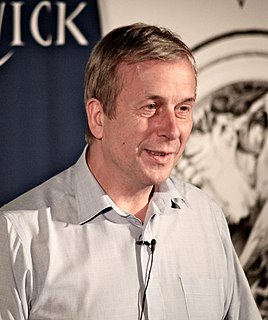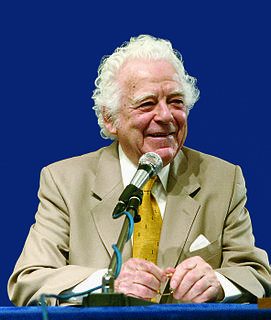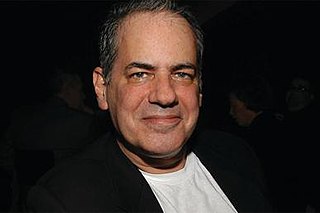A Quote by Shaukat Aziz
Today's concrete-pouring ceremony of Chashma-2 marks yet another landmark in Pak-China relations and a milestone in the history of nuclear technology in Pakistan.
Related Quotes
In the field of Artificial Intelligence there is no more iconic and controversial milestone than the Turing Test, when a computer convinces a sufficient number of interrogators into believing that it is not a machine but rather is a human. It is fitting that such an important landmark has been reached at the Royal Society in London, the home of British Science and the scene of many great advances in human understanding over the centuries. This milestone will go down in history as one of the most exciting.
The real concern is that Iran would do what Pakistan did. Pakistan wanted nuclear weapons, like Iran, purely for defensive reasons - to defend itself against India. The problem was that once Pakistan acquired the weapons, it allowed the country to be more aggressive. So they stepped up their support for the Kashmiri terrorists, and it led very quickly to the Kargil crisis in 2000, which almost sparked a nuclear war between India and Pakistan.
Ronald Reagan, when he was campaigning for President, said that he would break relations with Communist China and re-establish diplomatic relations with Taiwan. But when he got into office, he pursued a very different policy of engagement with China and of increasing trade and business ties with China.
The world has today 546 nuclear plants generating electricity. Their experience is being continuously researched, and feedback should be provided to all. Nuclear scientists have to interact with the people of the nation, and academic institutions continuously update nuclear power generation technology and safety.
A building does not have to be an important work of architecture to become a first-rate landmark. Landmarks are not created by architects. They are fashioned by those who encounter them after they are built. The essential feature of a landmark is not its design, but the place it holds in a city's memory. Compared to the place it occupies in social history, a landmark's artistic qualities are incidental.
The Bush administration continues to coddle China, despite its continuing crackdown on democratic reform, its brutal subjugation of Tibet, its irresponsible export of nuclear and missile technology... Such forbearance on our part might have made sense during the Cold War when China was the counterweight to Soviet power. It makes no sense to play the China card now when our opponents have thrown in their hand.


































